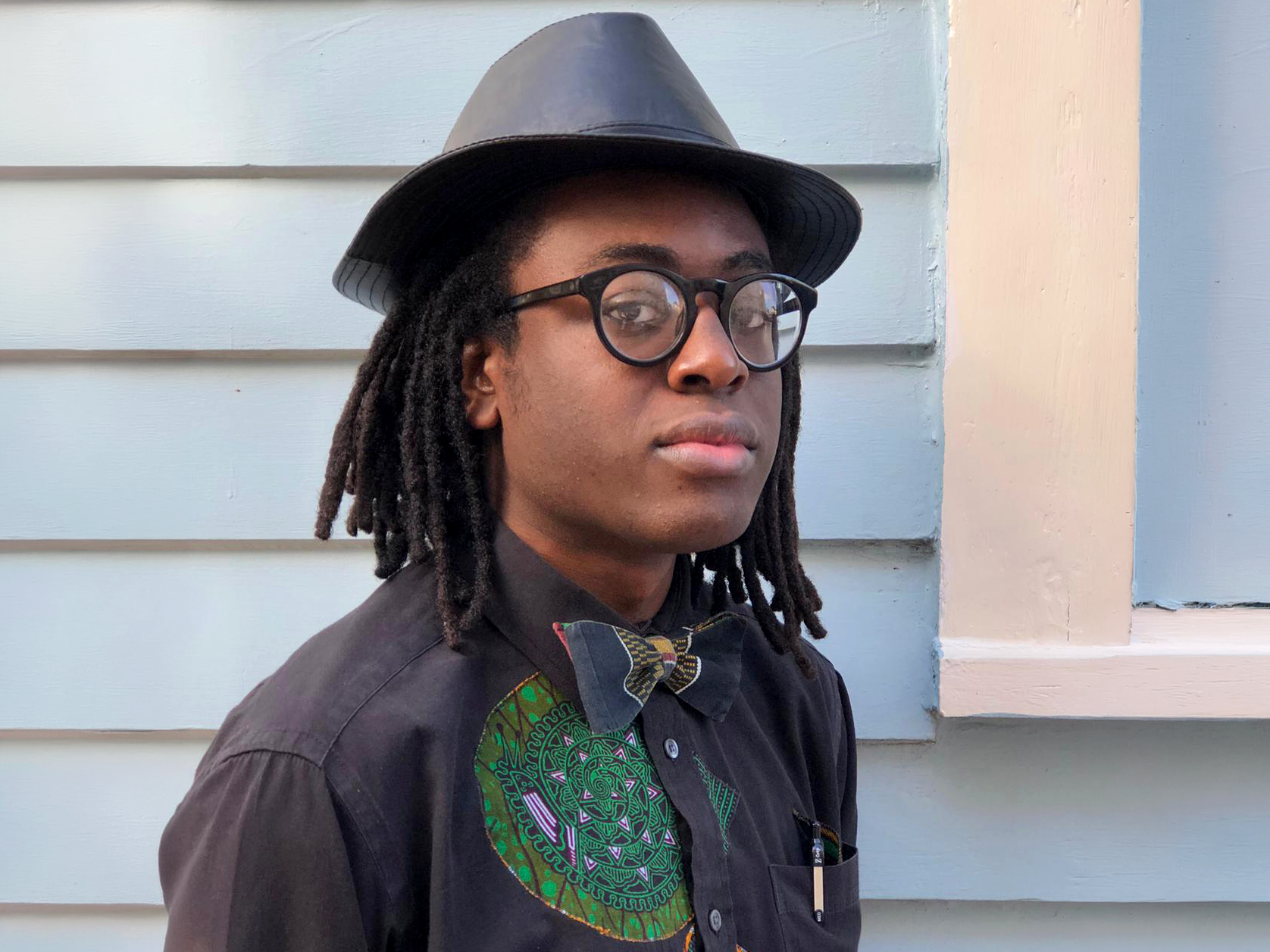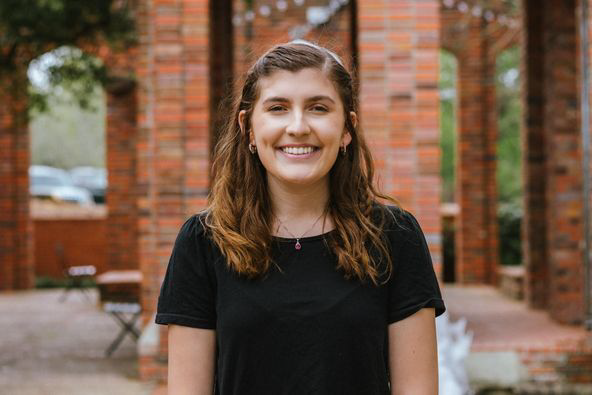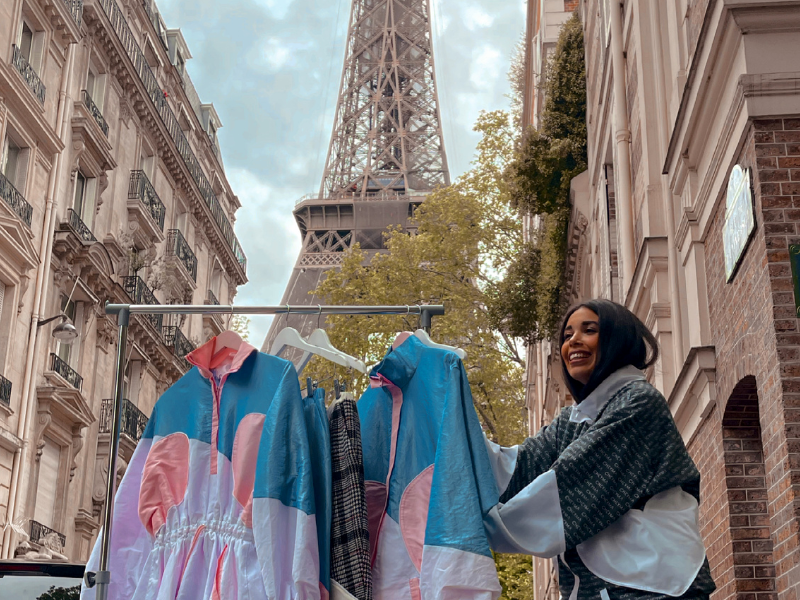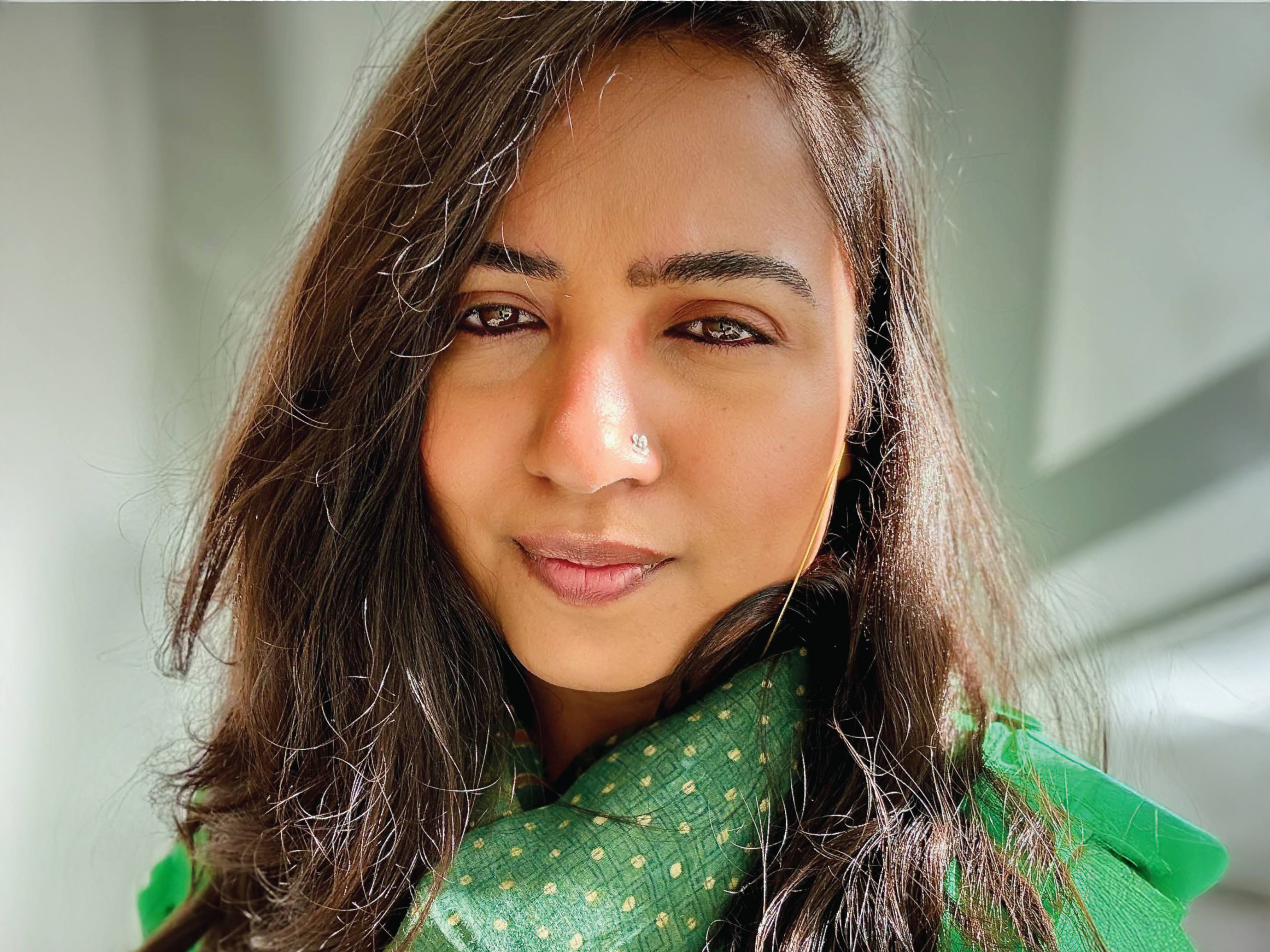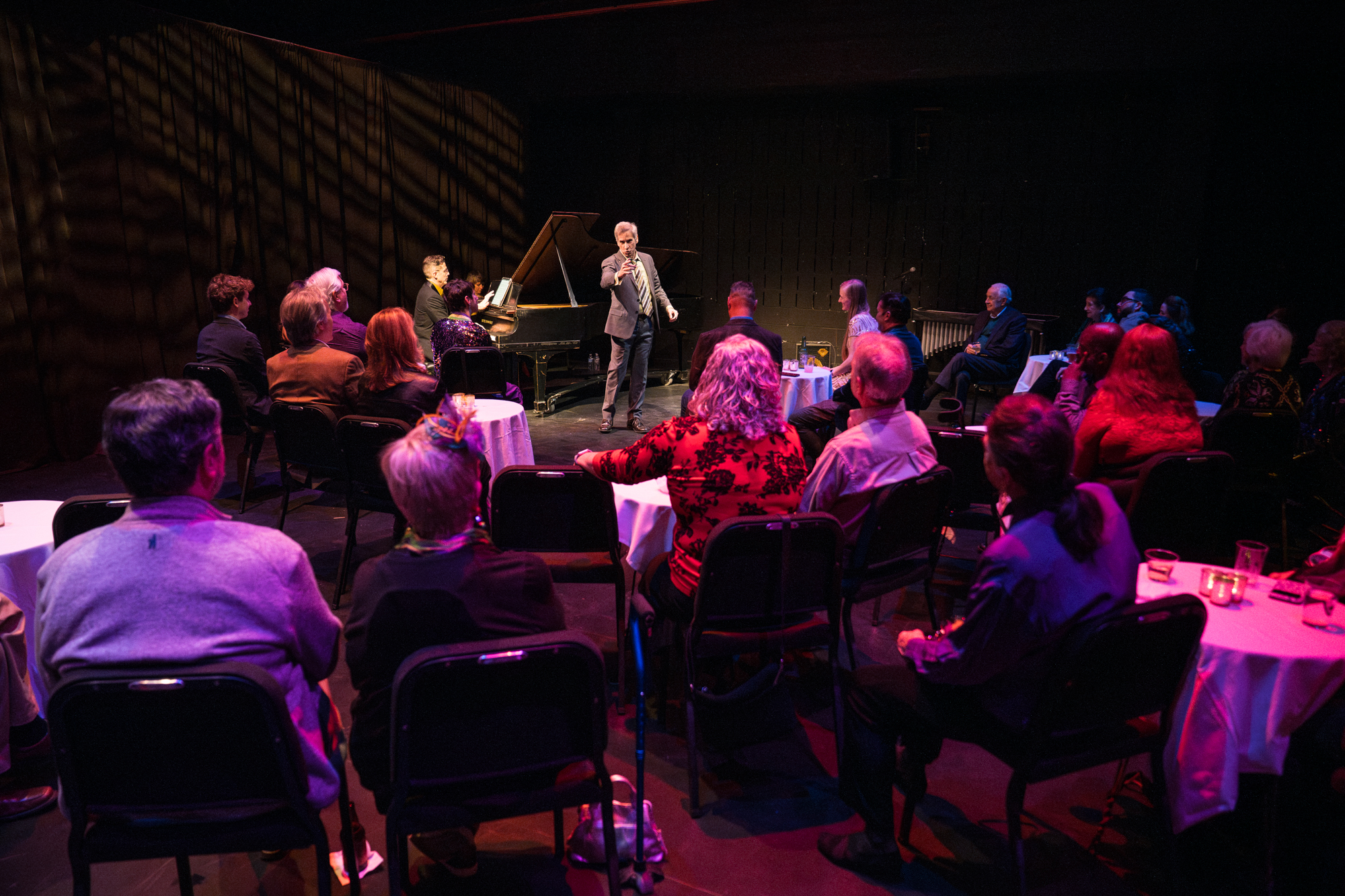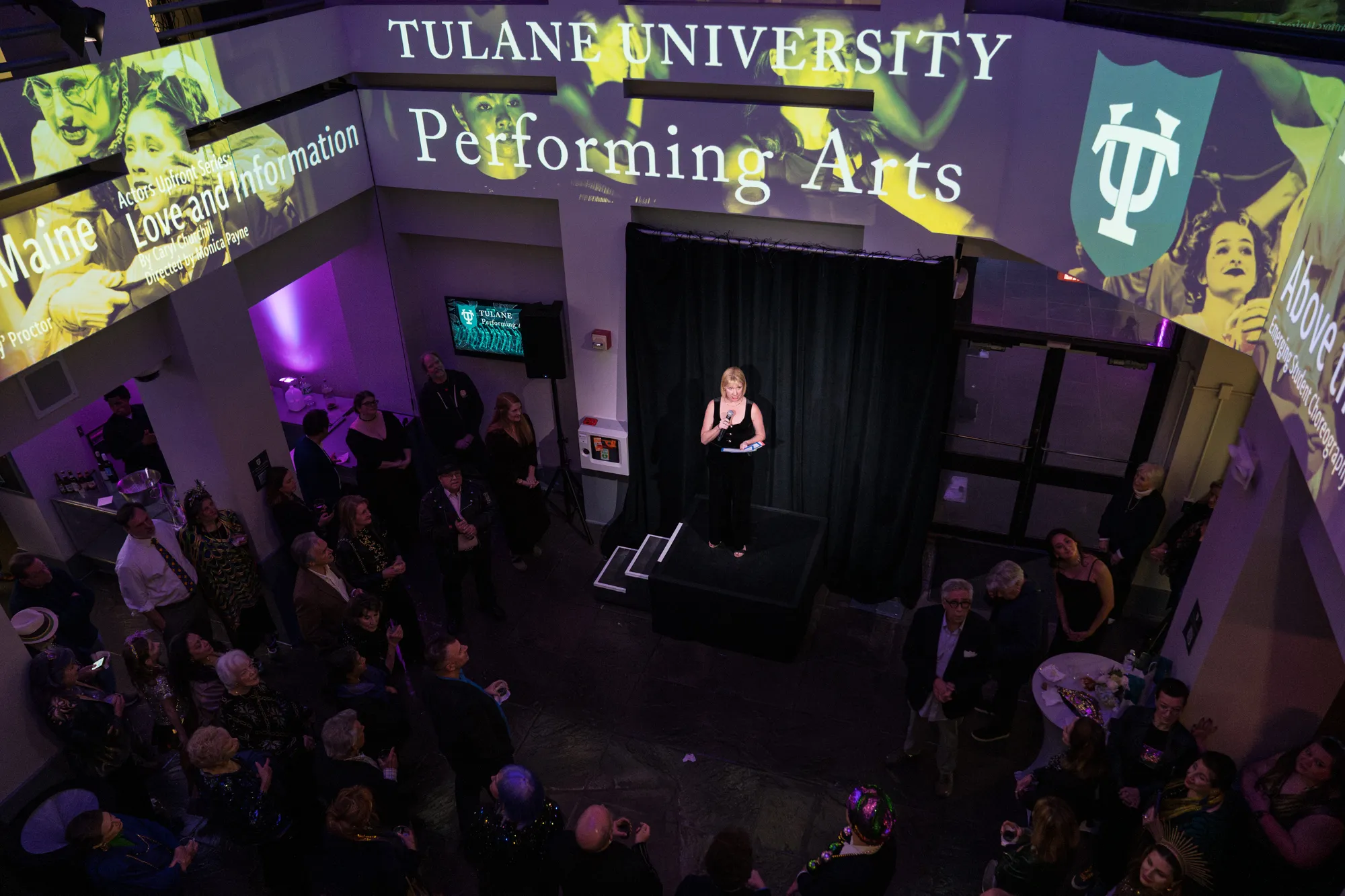The American Dream Deferred: Q&A with Author and Economics Professor Gary “Hoov” Hoover
Gary “Hoov” Hoover is a professor of economics, affiliate professor of law, and executive director of the Murphy Institute at Tulane University. His new book Ladder or Lottery: Economic Promises and the Reality of Who Gets Ahead examines economic mobility in the United States and what happens when those who do everything right — work hard, get educated, and play by the rules — still can’t win. We checked in with Hoov to learn what his research reveals about the gap between economic promise and reality, plus his takes on the housing crisis, AI disruption, and how to repair the broken rungs on the ladder to upward mobility.
Q: What surprising insight led you to write this book?
A: Inspiration for the book didn’t actually start in the United States. Fifteen or 20 years ago, I was doing work on international terrorism with colleagues, and we noticed that domestic and transnational terrorism were mostly happening in middle-income countries. In recruitment, the people most likely to engage were often college-educated individuals who felt disaffected with the social contract.
They had been promised that if they did the right things — got educated, followed the rules — certain opportunities would be available. When that greater prosperity never followed, they felt the contract had been violated. Looking closely at that dynamic is what first motivated the book.
Q: Has the US social contract been broken?
A: The social contract is the promise: I promise you, citizen, that if you get an education, become an entrepreneur, or join the military, then you'll climb — you’ll be better off.
You can think about that in many contexts where society tells you to do certain things and move up the economic ladder. But if you follow the rules and still find yourself where you started, the natural question is: what happened?
At scale in the US, you can’t seriously claim that tens of millions of people stuck at the bottom are all lazy or defective. When that many people follow the rules and still don’t move up, the system is operating like a lottery while pretending to be a meritocracy.
Q: Was there a time when the American economy functioned more like a ladder, or has it always had these issues?
A: The problem with the ladder is that the rungs have to be evenly placed and secure. We've always had the rungs there, but they haven't always been even or stable. I’d say the American system has always been a ladder; it’s just been a rickety one. We don’t need to knock it down — we need to tighten it up. That rung is loose, that one’s slanted, that one’s greasy. Fix the obvious flaws.
If the next rung requires a college education that costs $250,000, yes, the rung exists — but a lot of people simply can't reach it.
Housing is a glaring example. There was a promise that if you had a solid job, you could afford a home. If the average income is around $50,000 or $60,000 and homes are supposed to cost about three times income, the average house should be around $180,000. That’s not the reality. You can't be spending 50-60% of your monthly income on a house, but that's what you're telling me to do. The rung is there — but not at a range people can actually reach.
Q: Your work at the Murphy Institute considers economics alongside politics, ethics, and other disciplines. Why is this interdisciplinary approach so important, particularly in this book?
A: If you're going to be a serious scientist, you have to talk about how we got here. Things don’t happen in a vacuum — the policies shaping today were set in motion a long time ago. So, part of the work required becoming a historian.
I also had to think like a social psychologist to understand what causes people to become deeply discouraged. You can make promises about almost anything, but if you make a promise, you have to keep it. When people pour their heart and soul into doing what society told them would work, and it doesn’t, they become disaffected.
There’s also a moral question. Statistics tell us most people born into poverty will die in poverty. So, is it a moral failing if I tell you your outcome was your fault when, statistically, it was already likely? At that point, I’ve basically gaslit you.
I also go into business. In business, for example, if a product’s failure rate climbs, you redesign the product — even when it’s ‘user error.’ With the economy, we flip that logic: we declare the system perfect and blame the people who fall through the cracks. We wouldn’t accept that anywhere else.
Q: What challenges do you see emerging in the near future?
A: Housing is going to be a huge problem. That one-to-three ratio — homes costing about three times income — is becoming one to five, one to seven, even one to 10 in many places, and that’s only going to grow as we keep telling people their house is their most valuable asset.
The other challenge arriving faster than I predicted is AI. When I wrote the book, I thought we were five or 10 years out. AI is on us right now, and it’s going to cause massive disruption. People were told, “Go get this college education.” They weren’t told that a bot might come along and replace the job anyway — and we still don’t know what jobs will truly be AI-proof.
Q: What needs to change?
A: First, we have to acknowledge the problem. Unless you do the diagnosis, you can’t talk about the cure. Right now, too many people believe the issue is with the user, not the system. Mathematically, that can’t be the full story.
If there are roughly 60 million people on the lower end of the income scale, you can’t seriously claim they were all lazy or disengaged. That’s impossibly high. It means many of them tried and didn’t get anywhere.
When I do the same thing as someone else and it works for them but not for me, that’s a lottery. At least with a lottery, I know the odds are low. But when you tell me with certainty, “Buy this ticket, and you’ll win — and if you don’t, it’s your fault,” that’s the disconnect I want readers to see.
And for those at the very top: sure, you may have gotten rich off my despair — but you’d be even richer off my success. It’s odd thinking to assume the best way to get ahead is to keep others down. People talk about the pie like the only way to get a bigger slice is to shrink someone else’s. But we can make a bigger pie. When more people fully participate in the economy, the pie grows — and everyone has the potential to be better off.
Q: How do we change it?
A: We follow the blueprint of how the system was designed. For instance, if we say that entrepreneurship is a path to upward mobility and access to credit is needed to be an entrepreneur, then that access has to be equal. That's how it was designed but not how it's been implemented. If we say that education is the path forward, then the zip code where one lives can't determine the quality of education received. The same for housing and any other avenue. Simply look at the difference between the blueprint and the execution and adjust. We seem to know what the final product should look like but are baffled that we didn't produce it when we never followed the blueprint. What did we think would happen?
Catch Professor Hoover at the New Orleans Book Festival for two speaking events on Friday, March 13. View the full Bookfest lineup.
Gary “Hoov” Hoover is a professor of economics, affiliate professor of law, and executive director of the Murphy Institute at Tulane University.






